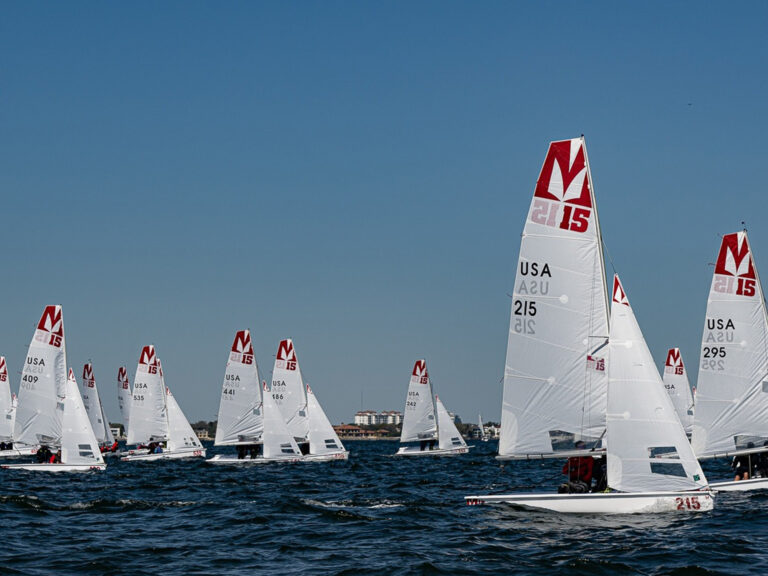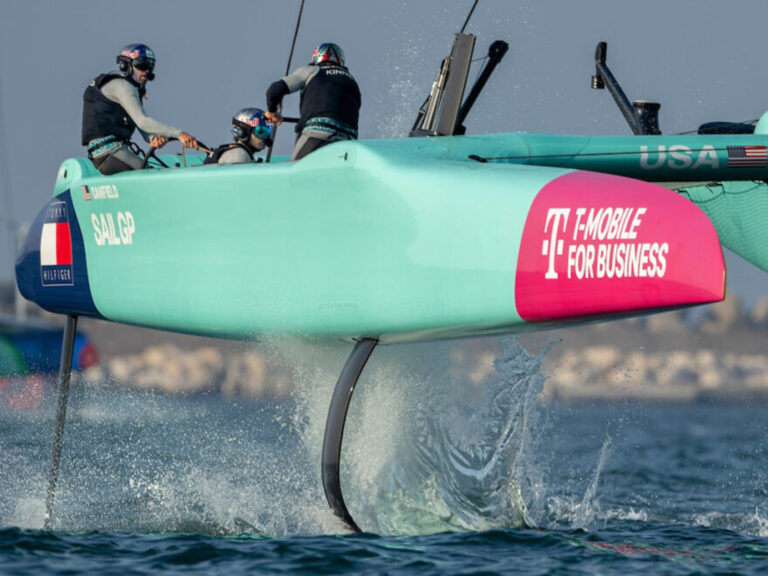
Mendez06
The IRC rule is the only International handicap option on the menu today, and while it has a firm footprint in Europe and Australia, its penetration into U.S. fleets has met resistance every step of the way. US-IRC, responsible for promoting the rule in the States, has seized the opportunity in a change of its leadership to put the dubious task of breaking down IRC’s barriers into the hands of former Larchmont YC (N.Y.) commodore John Mendez.How’d you end up in the driver’s seat?When US-IRC was originally launched here I was asked to help out. Barry [Carroll, US-IRC’s outgoing executive director] is a highly technical guy, and I am not. I’m a planner, an organizer, and a promotional guy. When Barry decided to take on a new role himself, I was asked to take over. Based upon what Barry had done for IRC I declined-I didn’t want to get involved in the technical manner that he had been because I didn’t feel I had the skills to do what he did.So you said, “No thank you.” But here you are.I was asked again and I agreed to do it with the understanding that US SAILING, as our member national authority, would take a much more active role in managing the rule, issuing certificates, and certifying measurers. I would take on only the promotional side. I don’t think we need to drive this thing down people’s throats. We need to let the competitors see that it’s a good rule and that it can be implemented well. We’ll pull the rule along and support it in any way we can.Is US SAILING capable and willing of taking this responsibility on?There have been issues at US SAILING early on, and this may be because they were not happy about the implementation of IRC; it wasn’t something they necessarily wanted to be involved with on the promotional side. Now I don’t see any restrictions in getting certificates to competitors when they need them. Some of the past issues were technical; outdated computer systems. But I see that improving and progress being made.Your predecessor felt that inadequacies in the measurement process were holding the rule back in this country; is that still the case?The one problem we face is that a lot of people don’t want their boats measured. We’re looking now at ways to expand the non-endorsed certificates. When US-IRC got involved they were encouraging race organizers to use endorsed certificates. We should encourage people to move into IRC with non-endorsed certificates because it gives people racing at the lower level the opportunity to use the rule and to experience how it works. Listen, it’s the one rule that works anywhere in the world; you’re not dealing with different PHRF certificates from different regions. You’re using one certificate that you can take anywhere you wish to race and that’s a big plus.Are there misconceptions about it?There are misconceptions with every rule. If you finish first, second, or third in a race it’s a good rule; if you don’t, then there’s something wrong with the rule. The owners’ association is looking into how to tackle the sportboat component of the rule, to see how sportboats can be rated to race with standard IRC boats with standard certificates. Currently the rule doesn’t work well for small sportboats. The owners are also working with RORC to standardize one-design certificates. One-design certificates are tough; last year when they started weighting J/35s the variations were so enormous that there was no way they could race as one-designs under IRC, so each one needs to be measured.Last year, two major events, the Bermuda Race and the Chicago YC’s Race to Mackinac, offered dual scoring. There was criticism afterward that it only created confusion about who won what trophy. I’ve done a lot of dual scoring in my time and each time you try and analyze what people might think. But again, the boat that wins is happy with the rule; the boat that doesn’t is not. There’s not a lot of objective analysis of how one rule is better than the other. One rule may not be better; we know there are a lot of believers in a VPP rule; of which IRC is not. Dual scoring has always been experimental and the dual scoring is basically offered as an alternative. I don’t think dual scoring adds anything positive unless there are trophies given under both rules.









